International seminar on scaling up dam removal as a river restoration tool in Europe.
19 – 21 May, 2022
Lisbon, Portugal
19 – 21 May, 2022
Lisbon, Portugal
Enjoyed this year’s event? Help us make next year’s even better, by sharing your evaluation here.
Presentations are available here.
ANP|WWF Portugal, World Fish Migration Foundation, Wetlands International and The Nature Conservancy invite you for the 7th Dam Removal Europe seminar, an event that will be held, for the first time, in Lisbon, Portugal, where the process of dam removal is getting started.
This time, aiming to increase general commitment and know-how around dam removal, make it as efficient as possible and kick start new funding mechanisms and policy changes, we will focus on scaling up dam removal and how that can help enhance the biodiversity of rivers across Europe. Speakers from Europe and will touch base on their best practices.
The event will be composed of a 2-day conference plus a third day dedicated to a field trip to visit a riverine restoration site. The seminar is part of the global World Fish Migration Day celebrations and one of the highlights will be the Portuguese premiere of the DAMBUSTERS documentary.
You will meet river basin authorities, ministries, town majors, policy makers, EU project managers, water agencies, companies, engineers, researchers, students, social experts and the public interested in free-flowing rivers.
Please get in touch if you are considering to sponsor this event. This event is a great opportunity to create visibility for your work.
“Sharing information between river practitioners in Europe is essential to the success of scaling up dam removal as a viable river restoration tool. Thanks to this event, we make that possible.”
Herman WanningenDirector World Fish Migration Foundation
“Ramping up barrier removals is essential for restoring healthy rivers and achieving biodiversity, climate and freshwater policy ambitions.”
Paul BrothertonFreshwater Manager Wetlands International Europe
“This event will showcase to national policy makers many successful cases from other EU countries, boosting the Dam Removal movement in Portugal. I can't wait to see you all!”
Lorenzo QuagliettaEcologist, Water Consultant for ANP|WWF

This has meant that dam removal as a restoration measure has penetrated widely in the Finnish society, with more and more organizations now working for this common goal. Last year some 137 barrier removals were counted from Finland. Sampsa Vilhunen is not resting assured that the current pace is enough though but feels that there is still room for accelerating the removals of all ‘unnecessary dams’, as he likes to frame them.
Sampsa Vilhunen thinks that the challenge is immense, but so are also the opportunities. Bringing back aquatic environment that was once lost all across Europe because of unsustainable human development will be crucial not only from biodiversity perspective, but also for humankind.
Dr. Vilhunen studied ecology and aquatic sciences in Helsinki University as well Imperial College in London. His PhD concentrated on fish behavior. Sampsa is also a passionate fly-fisherman and spends a lot of his free time with rivers.




Research Activity
Member of the Research Center for Agro-Environmental Technologies (CITAB). HI Scopus: 30. 228 technical and scientific publications (103 in WoS)
Current research interests
Monitorization of aquatic ecosystems, with special relevance to bio-indicators based on benthic fauna, fishes; Forest ecology and sustainable management. Management of afforested catchments. Development of hydromorphological survey systems; river rehabilitation; Ecology and restoration of riparian layers. Soil engineering techniques and erosion control. Environmental Impact Assessment Studies on the effects of river regulation and mitigation measures.




OUTPUTS & DISSEMINATION: 51 articles, 47 (92%) in Q1 or Q2 Journals, 27 (52%) in top 10%, 19 (37%) in top 3% and 3 (6%) in top 1% journals (Scimago), and 30 conf. proceedings. Paulo has co-developed a free database for historical diadromous fish records, spanning one millennium of data, and a free software to deal with river network summarizations (RivTool - downloaded in 67 countries). 100+ oral presentations, of which 11 by invitation, and 30 posters.
TEACHING: Invited teacher at ISA-ULisboa for the last 8 years on 6 different BSc, 1 MSc and 1 PhD, teaching Ecology, Animal Biology, Zoology, Population Dynamics, River and Blue-green connectivity. Invited teacher at the International Master in Applied Ecology, since 2020, at the University of Coimbra.
RESEARCH: Participation in several national and international projects establishing a research network, collaborating with over 300 researchers in all continents. Active reviewer of scientific publications, contributing as a reviewer for 40 international journals. He co-edited a special issue for Water journal on the effects of multiple stressor on aquatic systems, and is co-editor of 2 special issues, 1 on river connectivity for IJERPH, where he is Topic Editor, and 1 on nature-based solutions for Hydrobiology, where he is part of the editorial board.
FUNDING: Applied, and was successfully awarded, for project funding, national and international, both as PI and as partner. Currently PI of Dammed Fish (FCT, 244KEUR), funded under a very competitive call (6% success rate), and leading tasks in MERLIN (H2020, 22 MEUR) and AQUADAPT (LaCaixa-FCT, 300KEUR). Paulo was involved on the creation TERRA Associated Laboratory (FCT, 1.1MEUR) that aggregates 400+ PhDs from different research centres in Portugal.
SUPERVISION: 10 BSc, 4 MSc and 4 PhD. Took part at juries and thesis committees from different degree levels in Portugal and abroad (14 BSc, 9 MSc and 3 PhD). Hosted two scientific stays.
FACILITIES: Planning and installation of an experimental mesocosm system, at the campus of ISA, and has been involved in the recovery and operation of a large scale ecohydraulic flume (50 m3 water) at the National Laboratory for Civil Engineering.
RECOGNITION: Member of the Scientific council of the Forest Research Centre. Part of the CEF-Outreach strategy group. Publicly nominated, member, as a freshwater specialist, of the Observatory Board for the management of the oldest national planted forest in Portugal - XIII century (Observatório Local do Pinhal do Rei). Member of the Ecosystems and Water Quality Committee of the Portuguese Association of Water Resources. Recently invited to lead a regional group of Early Careers on Ecohydraulics Network supported by IAHR. Awarded in 2020 and 2021, with Honourable Mentions at the University of Lisbon Scientific Prizes due to his publication record.



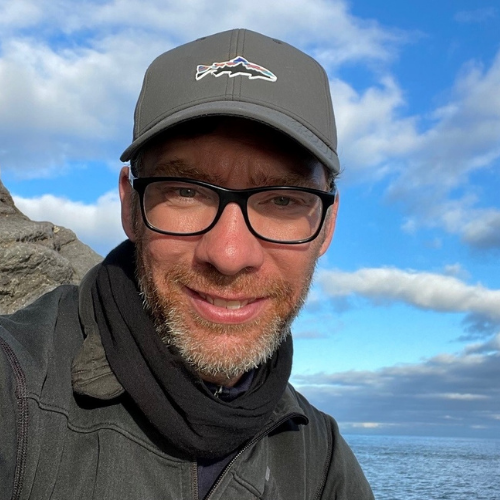

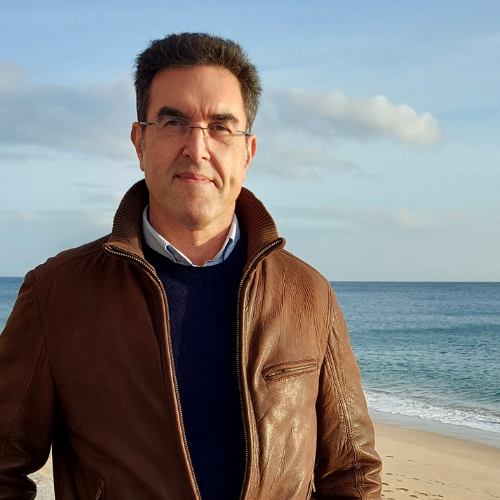
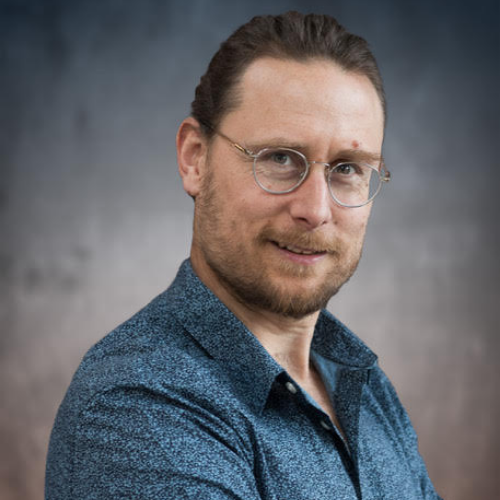



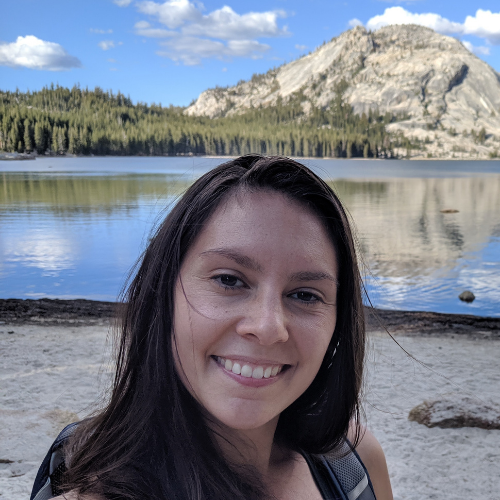
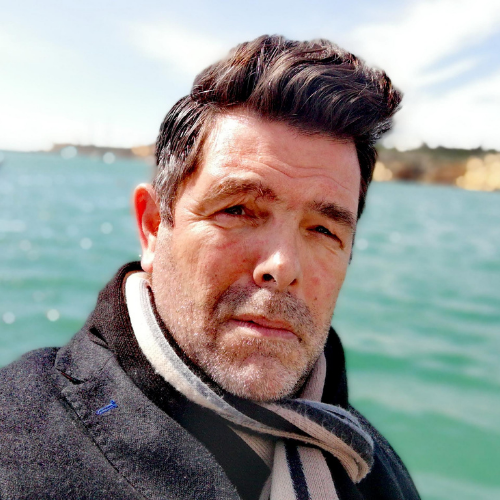
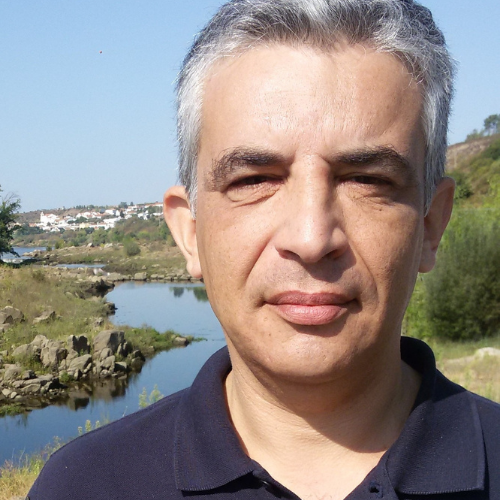
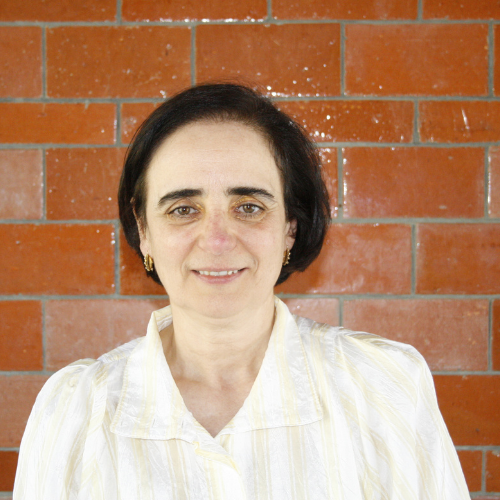
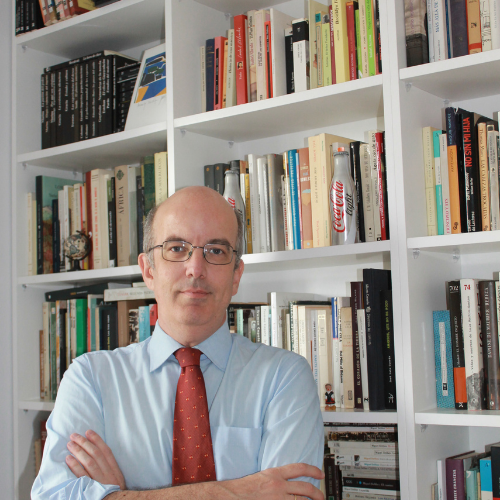
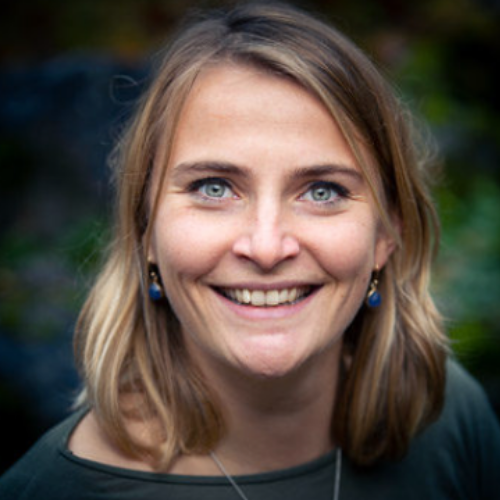
Prior to joining Rewilding Europe, Helena worked for two years at Conservation Capital working as a consultant in innovative finance and conservation business development. Helena developed business planning and financial modelling expertise working for PwC in London in their strategy consulting and merger acquisition advisory team. She has a MSc in Conservation Science from Imperial College London and a BA in Economics from Cambridge University.
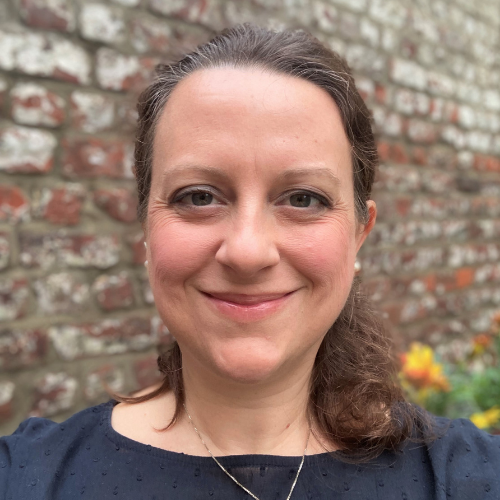



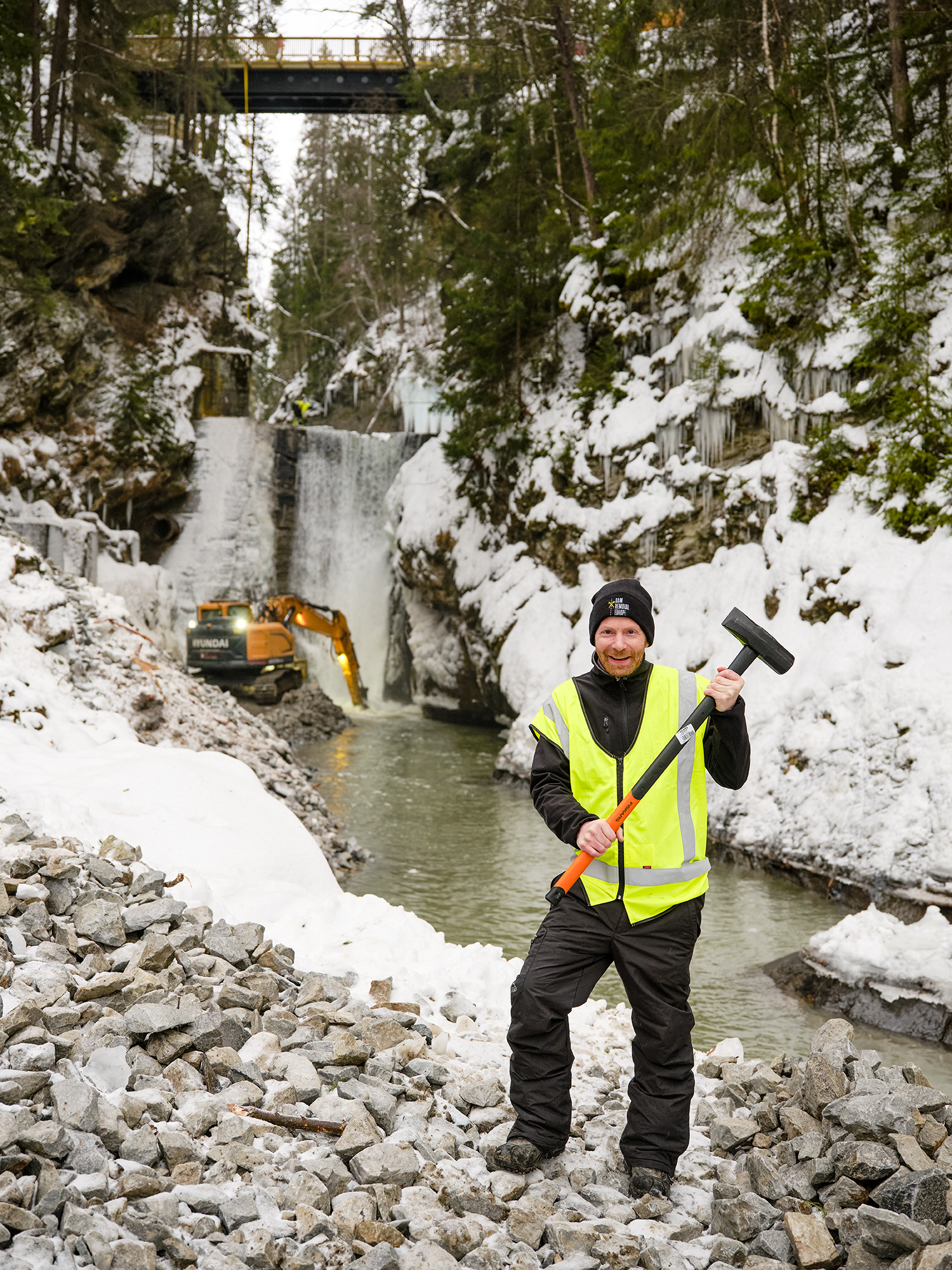
The overall ambition of Dam Removal Europe (DRE) is to restore rivers in Europe and prevent the extinction of migratory fish like eel, salmon, trout, catfish, sturgeon and hundreds more species who need free flowing rivers to reach their spawning grounds and fulfill their life cycles. Currently, there are thousands of obsolete dams and weirs in Europe that are fragmenting the arteries of the continent.
DRE movement advocates for policy change and initiate the removal of (obsolete) dams and weirs in rivers in European rivers. Together with our partners we raise awareness and support thousands of river practitioners with tools and knowledge for dam removal. By removing these barriers, we can once again have healthy free-flowing rivers full of fishes for all to benefit. JOIN US!”
Schedule
Registration & Refund Policy
The tickets for May 19 and 20 include lunch, coffee and tea. The ticket for May 21 includes bus rental and a meal. The bus will return in Lisbon around 6.00 pm local time.
By registering, you are accepting that we include your name and affiliation (no email addresses) on a registration list that we will facilitate to all attendees.
The tickets are refundable until 30 days before the event.
COVID | Measures implemented in Portugal
Travel – Mandatory to present
Public Spaces and Events
Masks are no longer required when accessing most public spaces and events such as shops, restaurants, bars and hotels, among others.
Where/When is it required to use a face mask
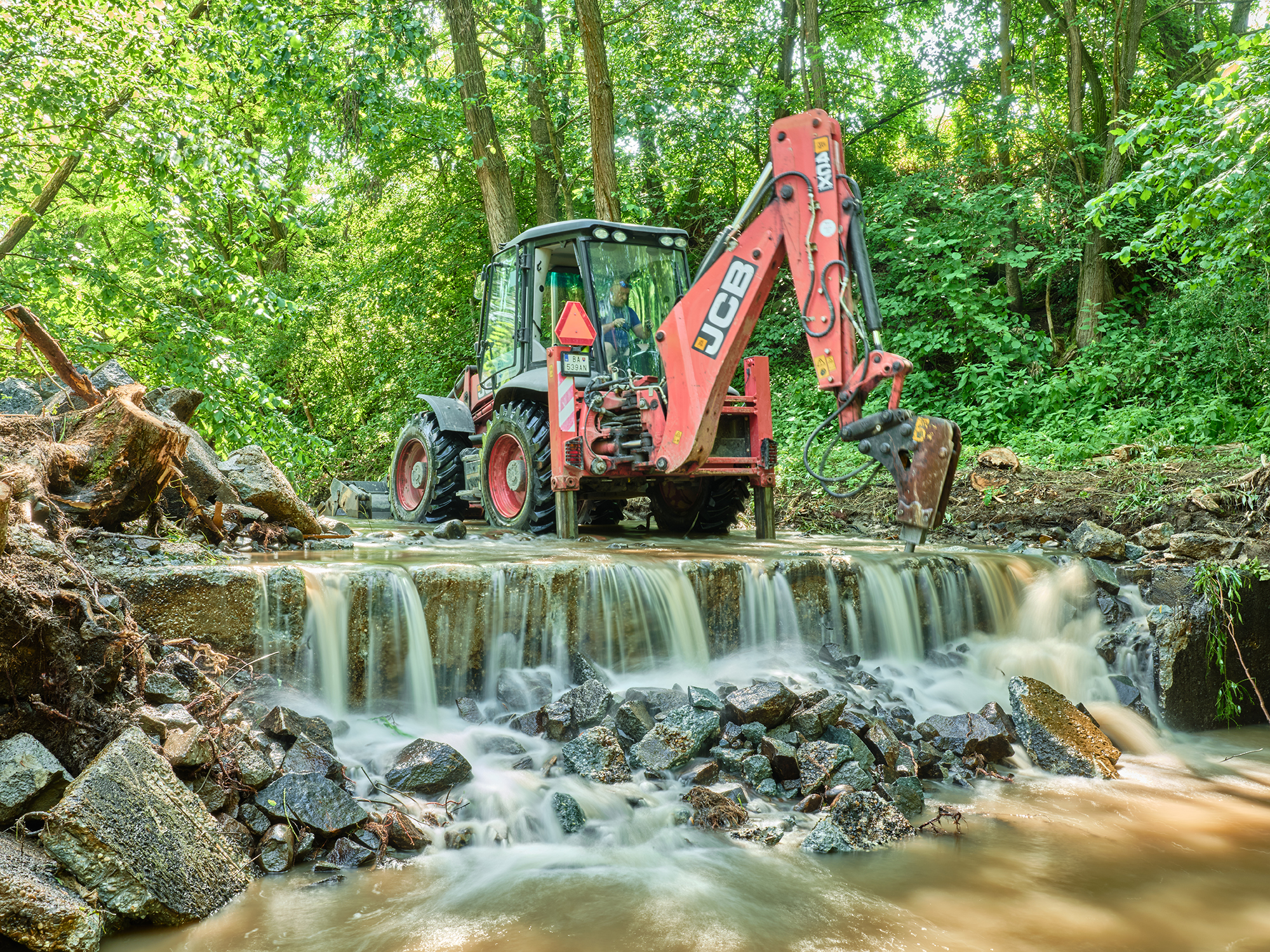
The event will take place in Lisbon, and it is expected around 200 visitors from all over Europe and the rest of the world.
Conference days which include a mixture of presentations on
Field trip to a riverine restoration site, including potential barriers to be removed.
The event also encloses World Fish Migration Day celebration and one of the highlights will be the Portuguese premiere of the DAMBUSTERS documentary.
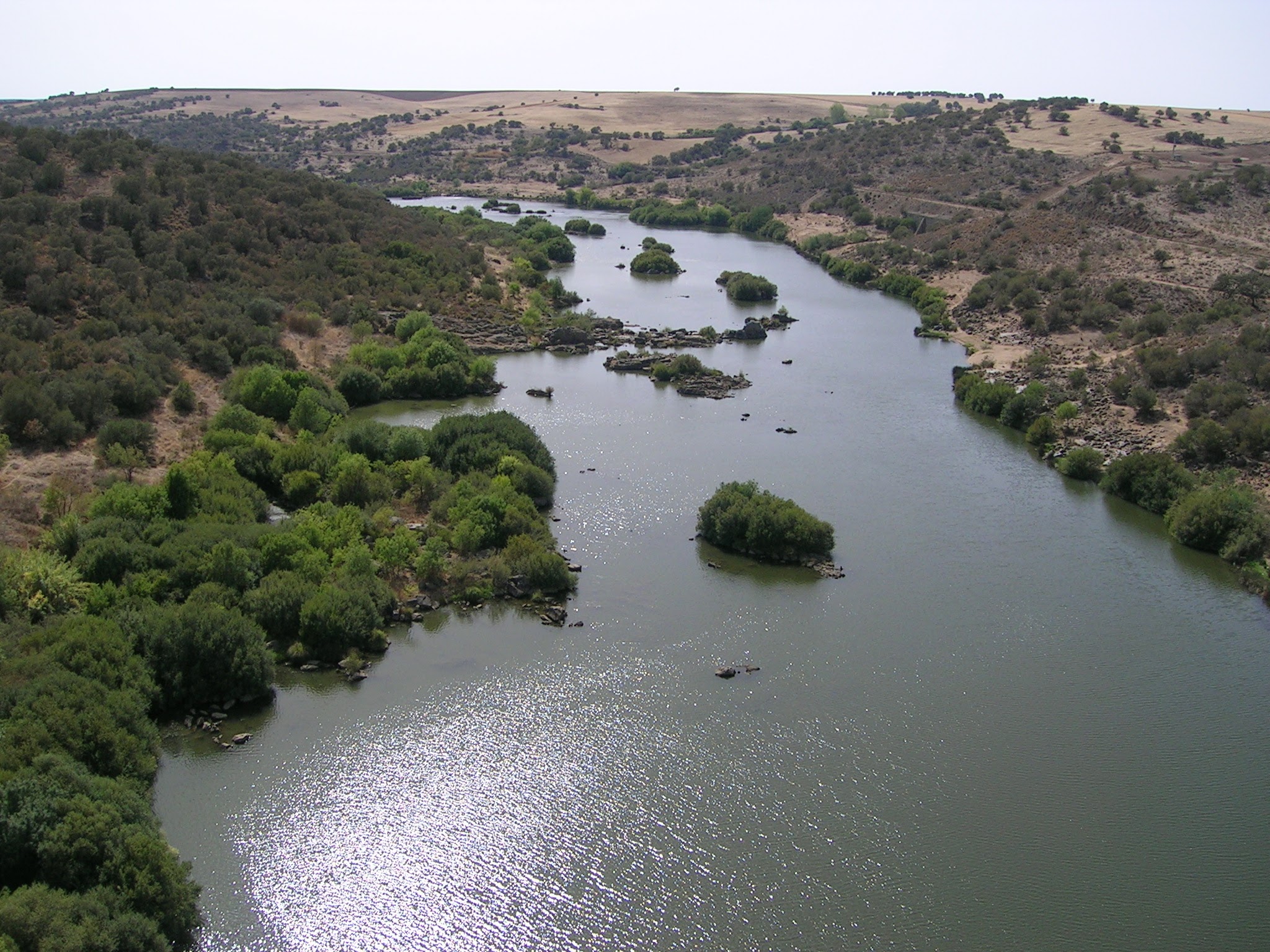
Guadiana river, Portugal
©Lorenzo Quaglietta

Welcome to Lisbon!
Venue
LNEC: National Laboratory for Civil Engineering
Bus: 717, 731, 750, 783
Metro Lisboa: Alvalade station (green line)
Accomodation
Rita Rodrigues | rrodrigues@natureza-portugal.org
Raquel Coelho | rcoelho@natureza-portugal.org